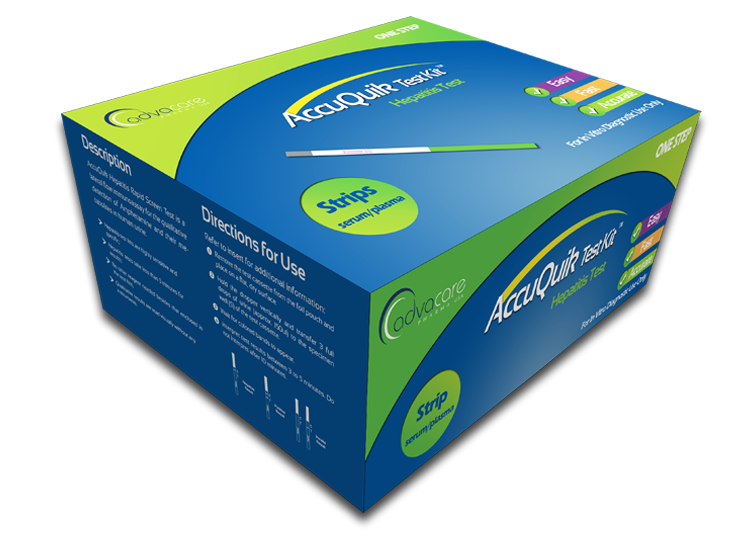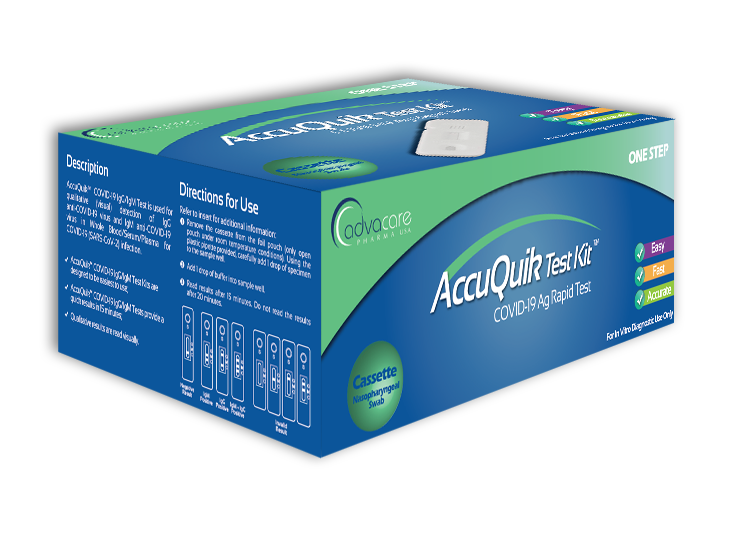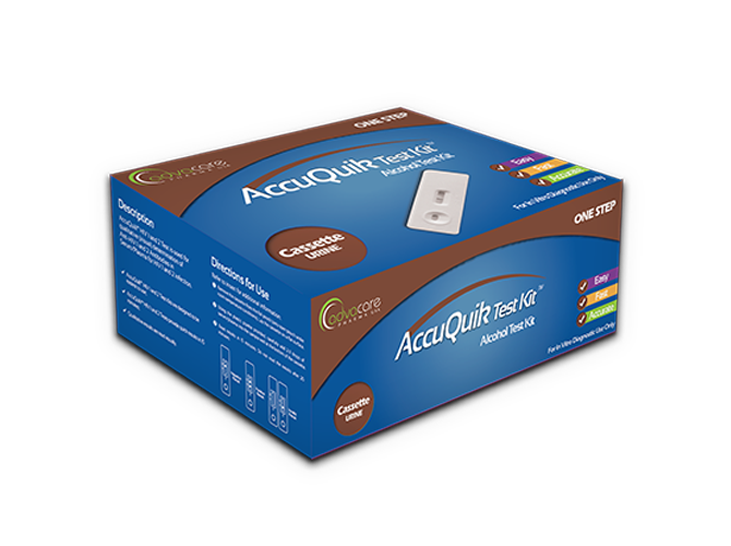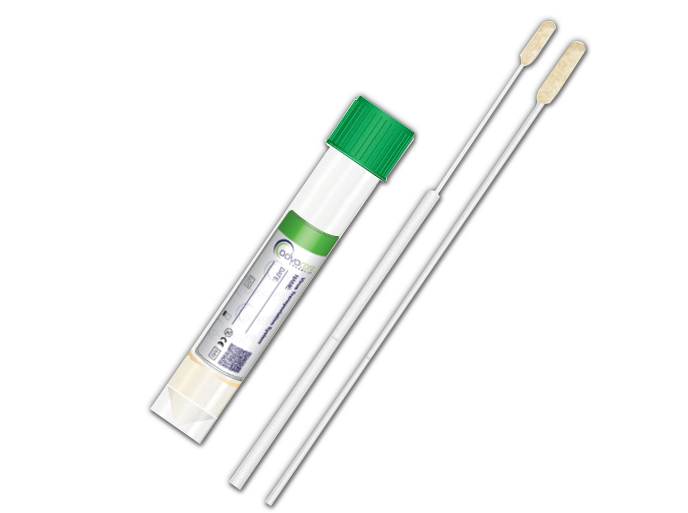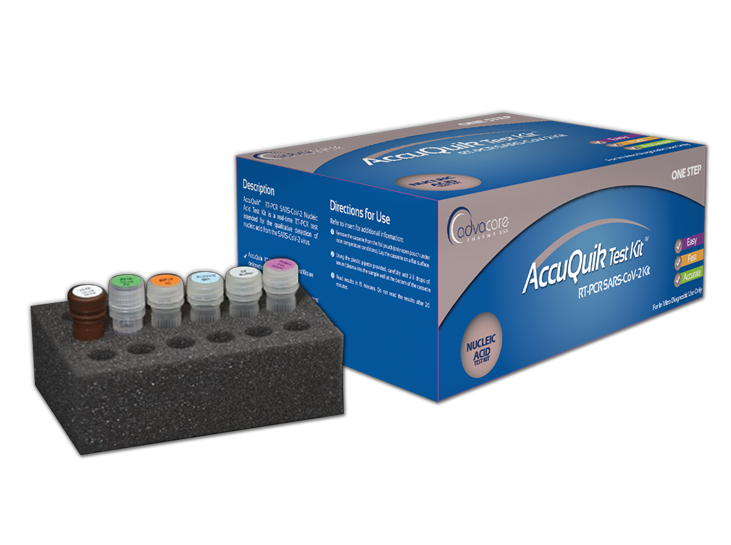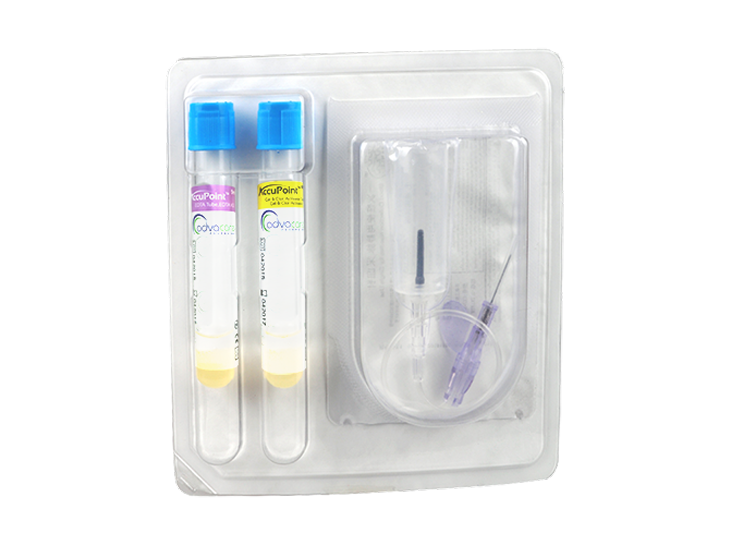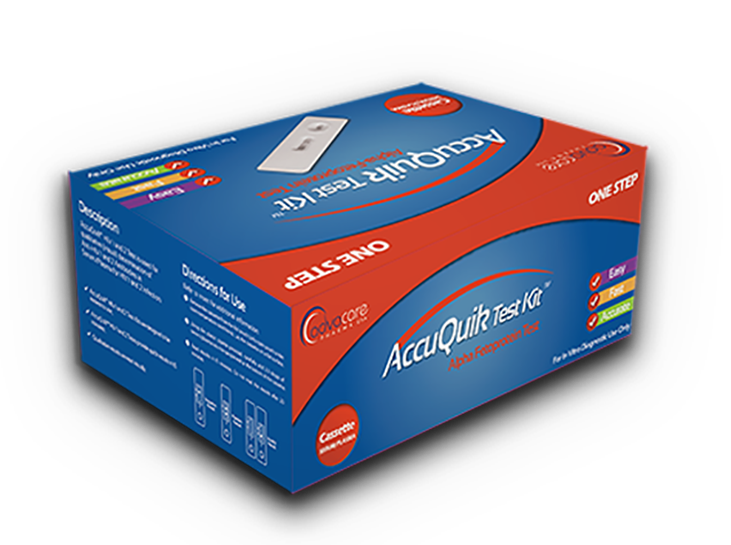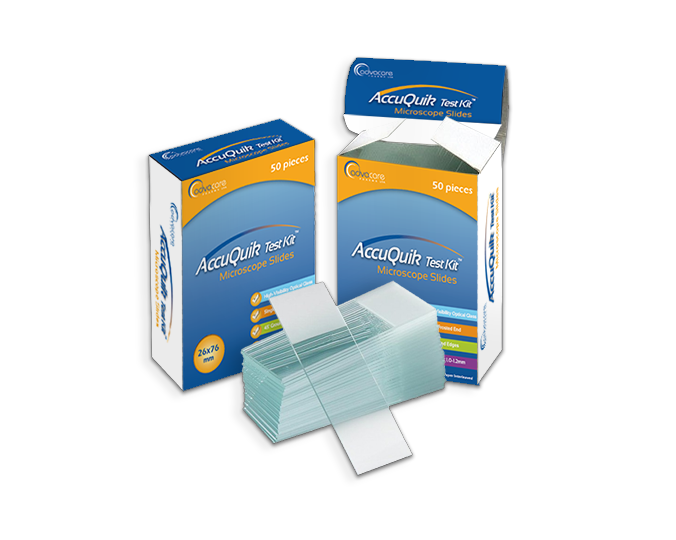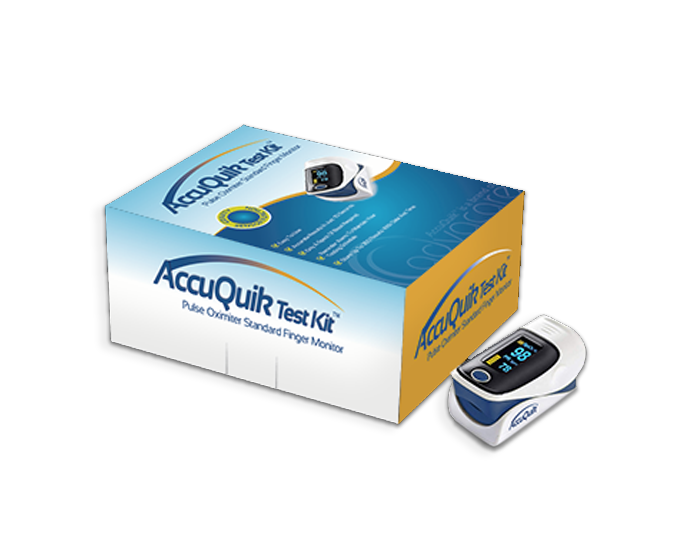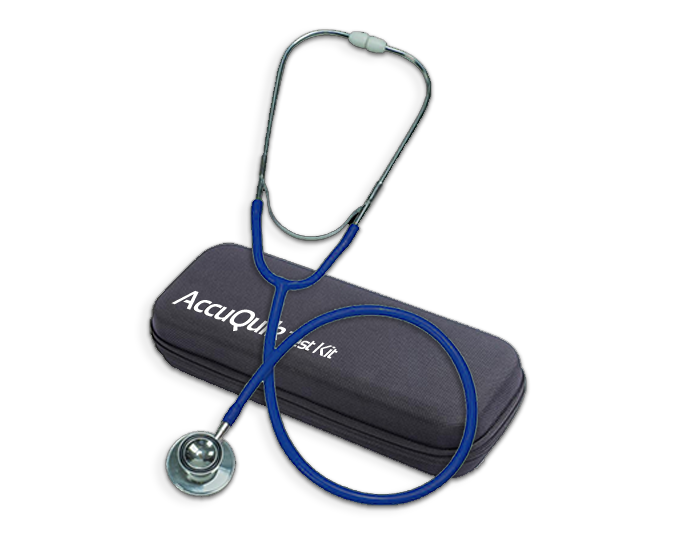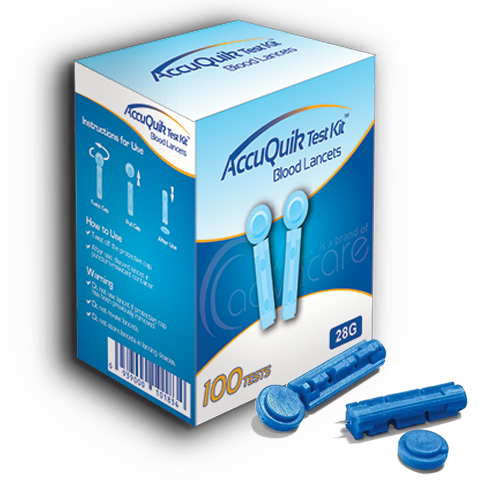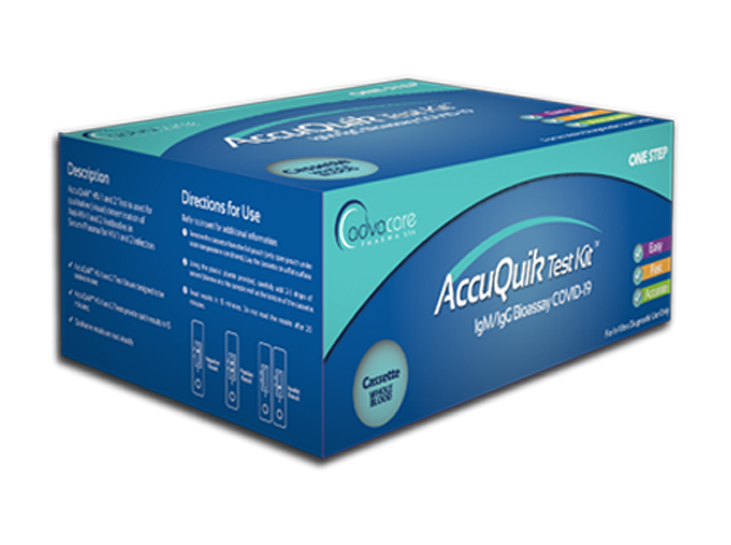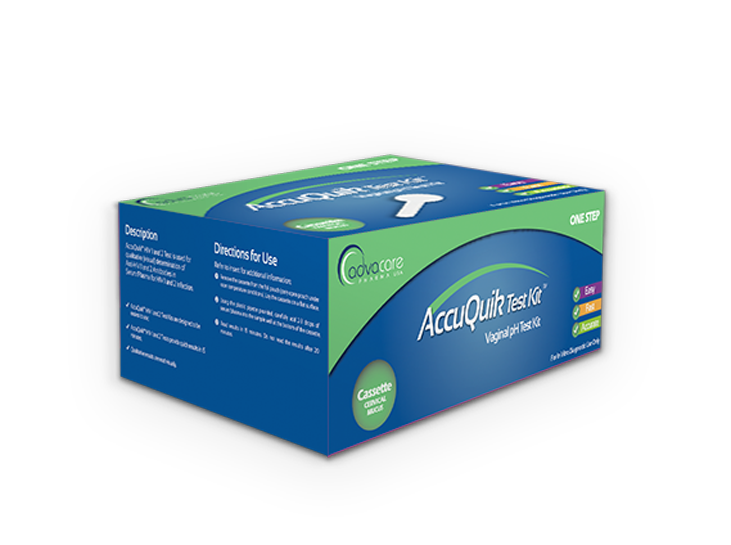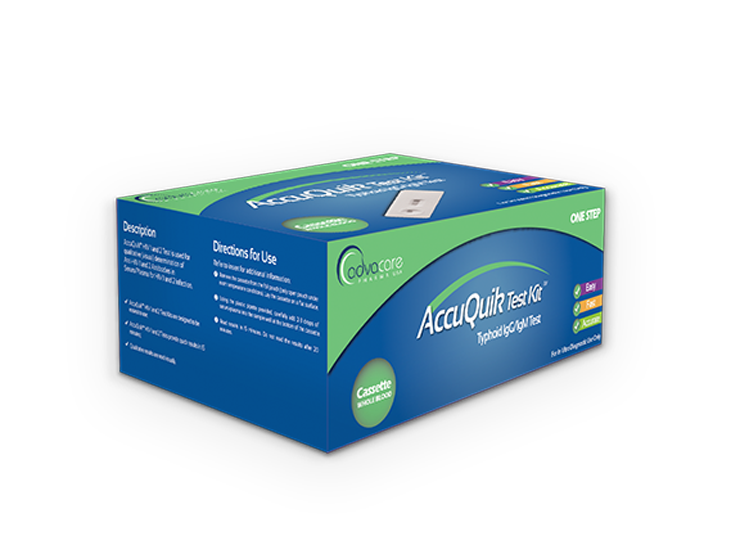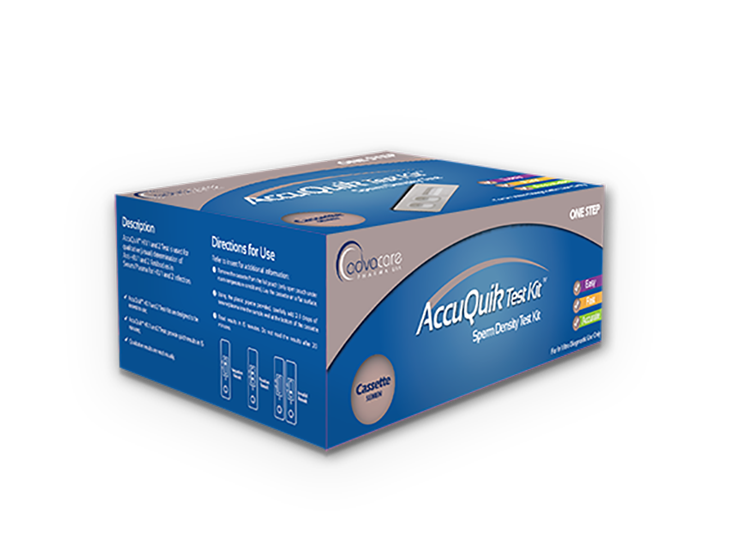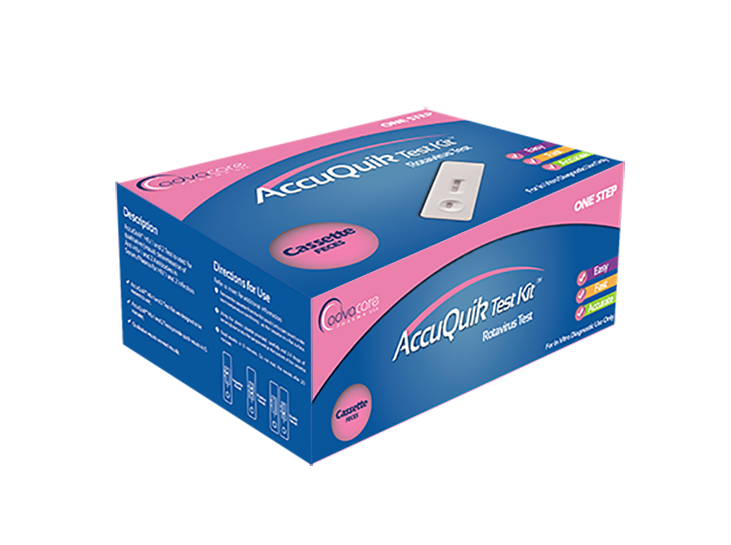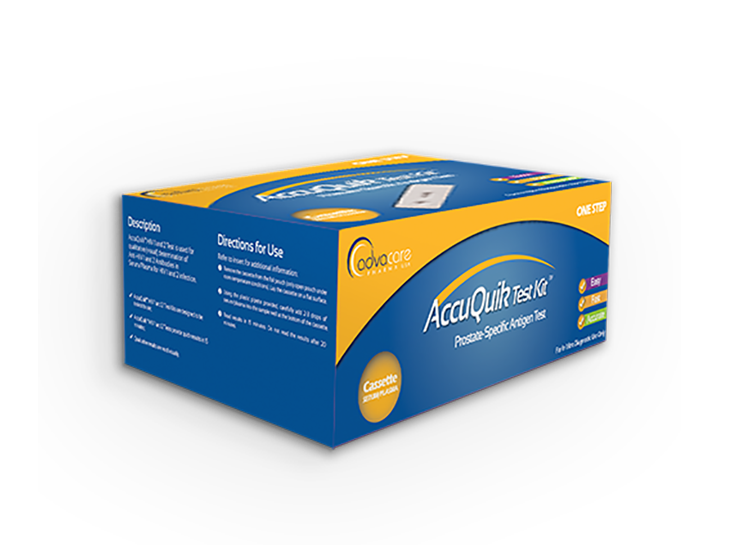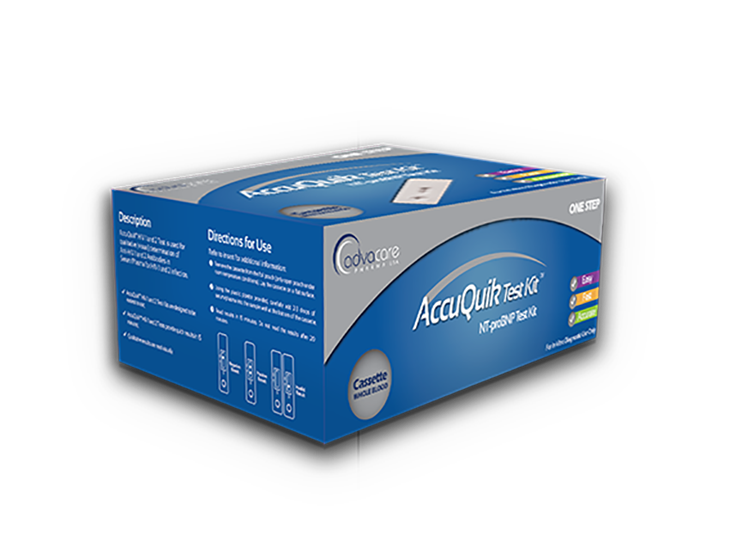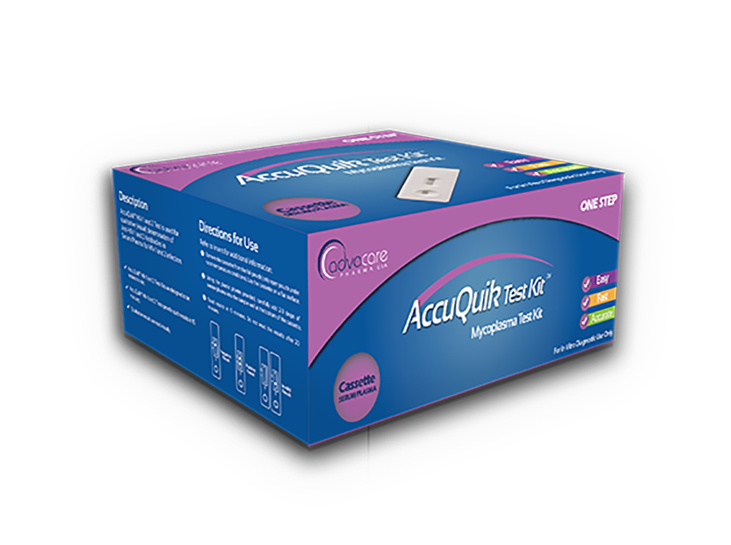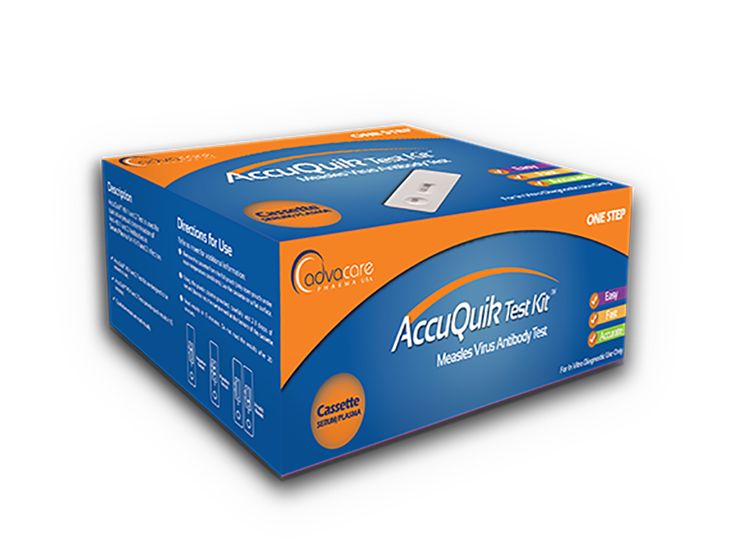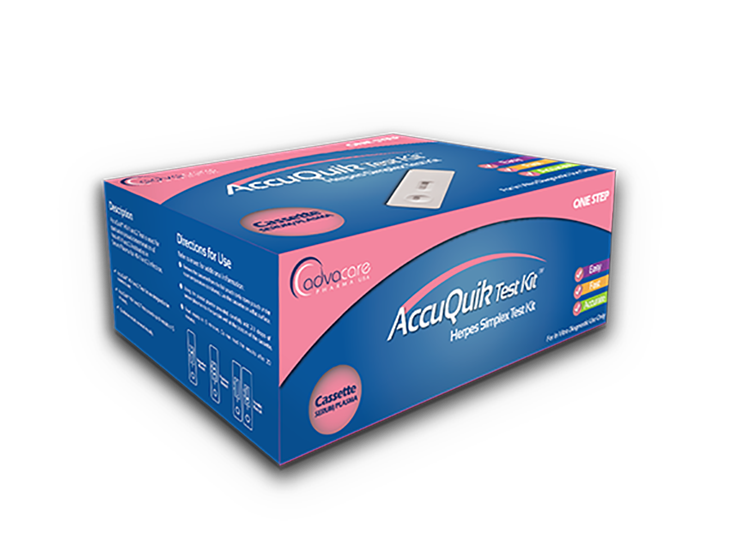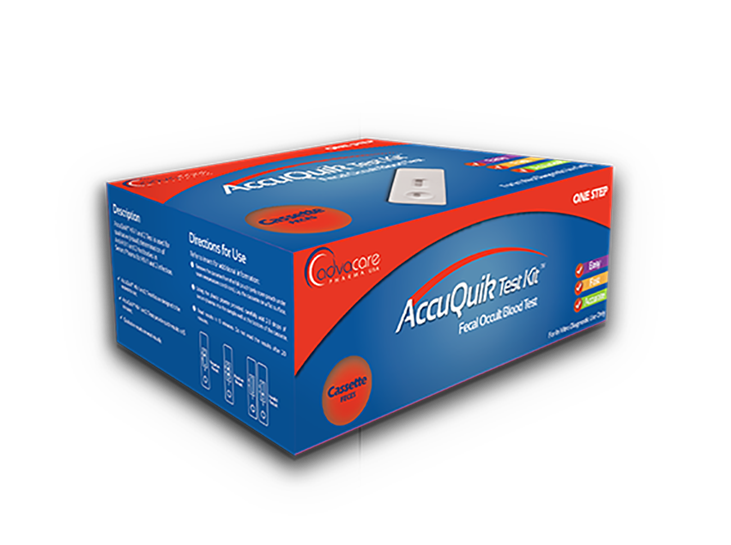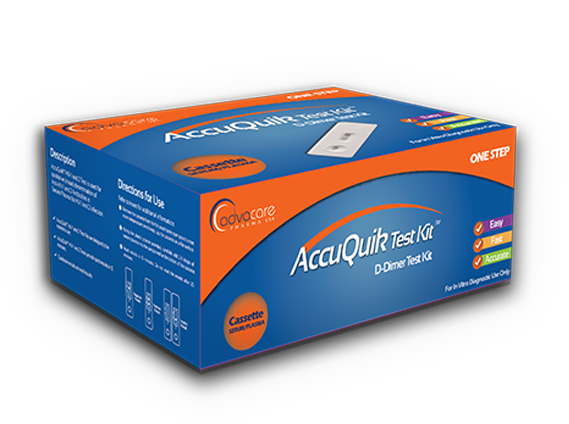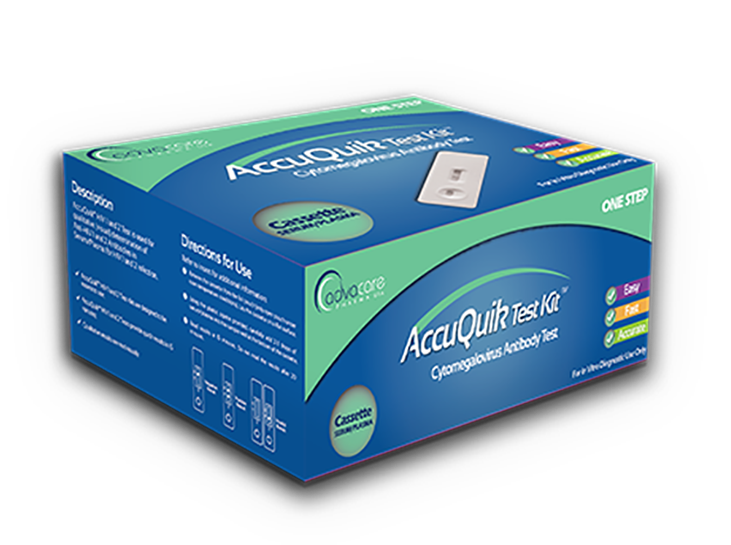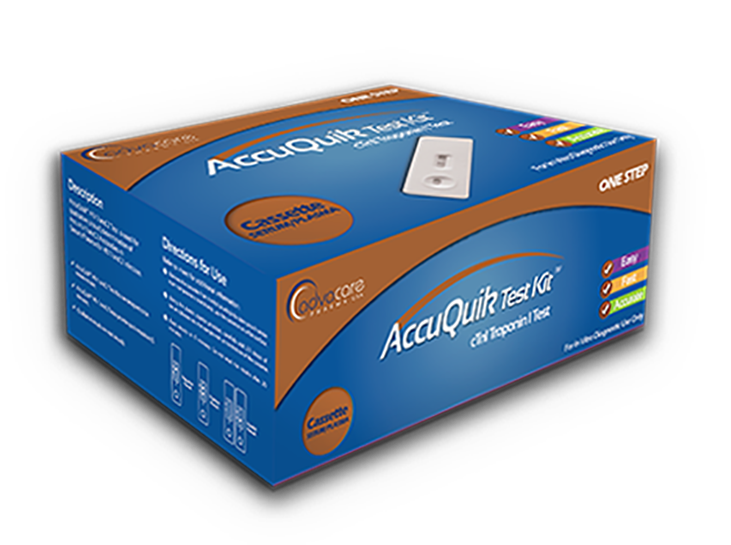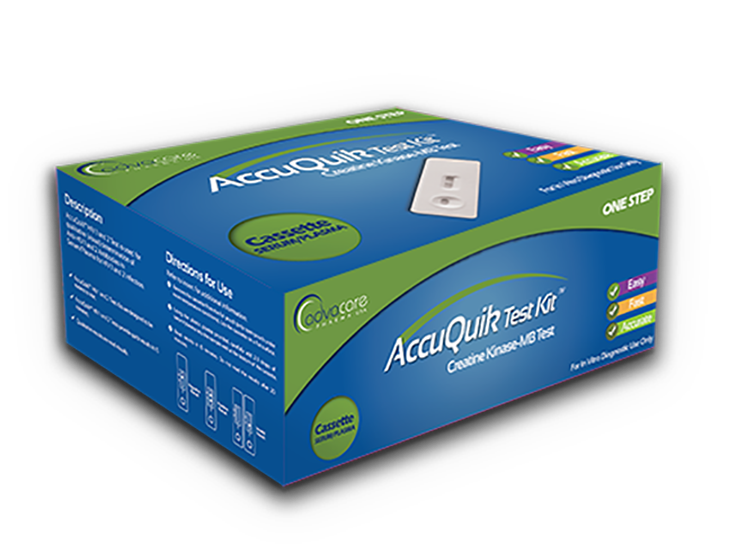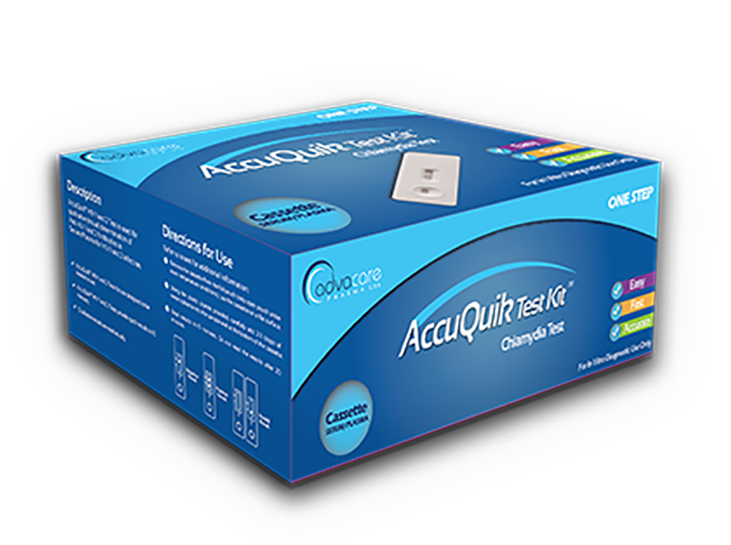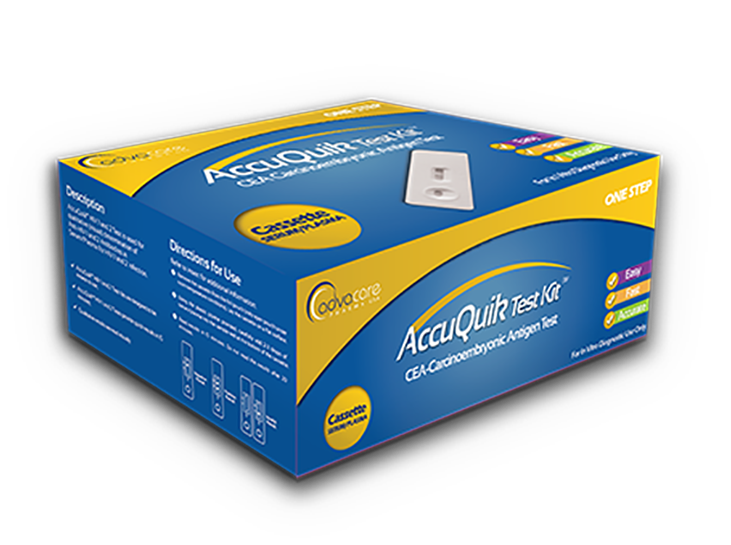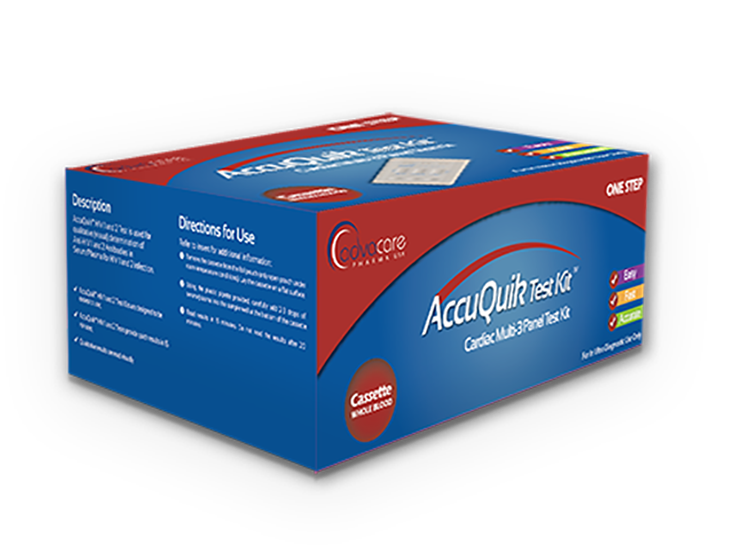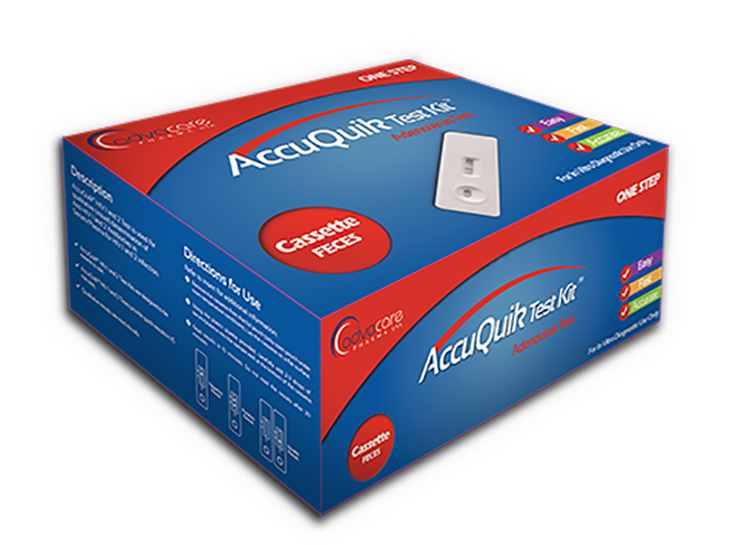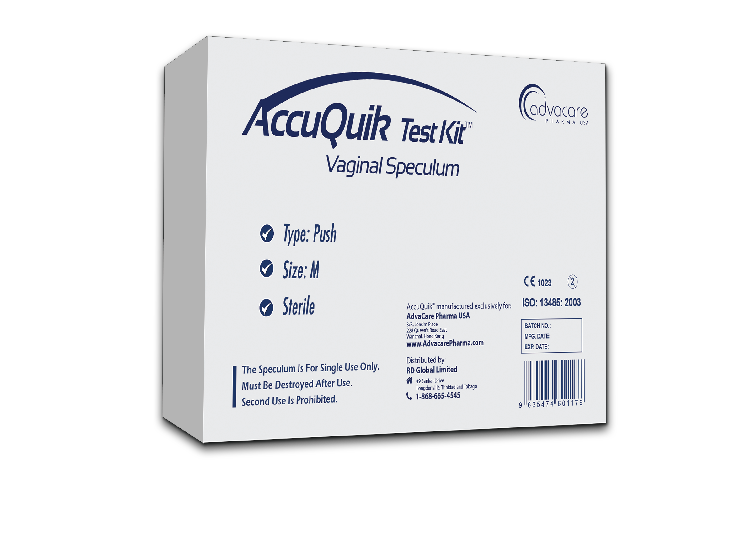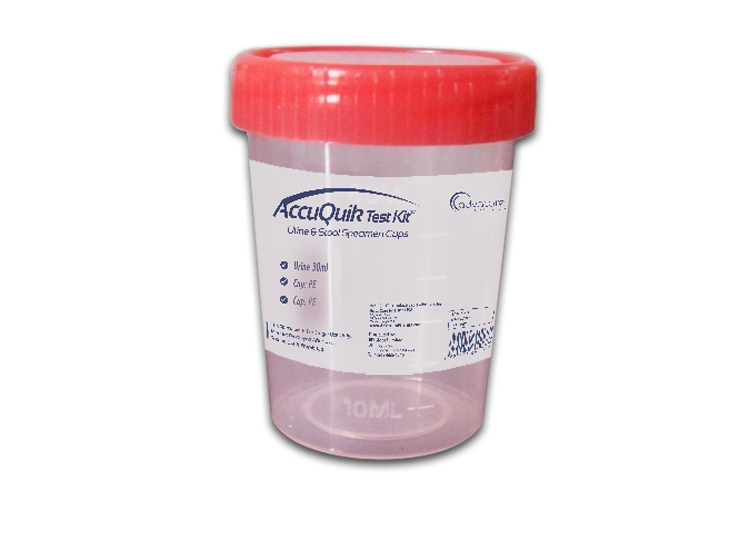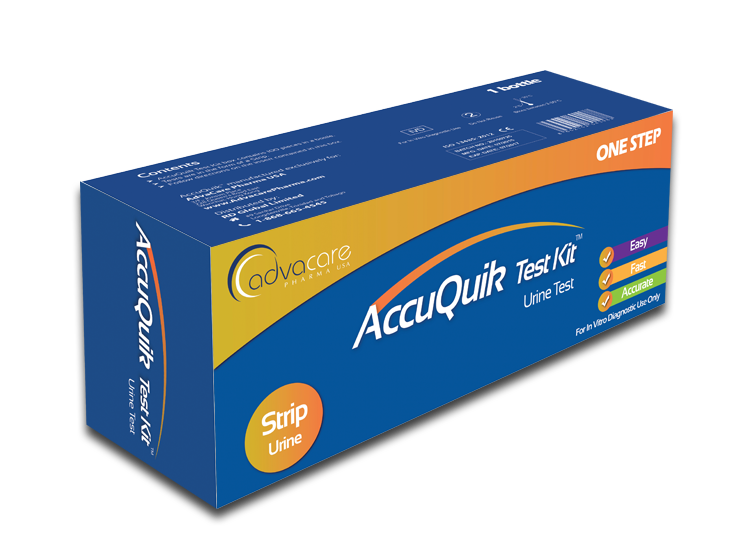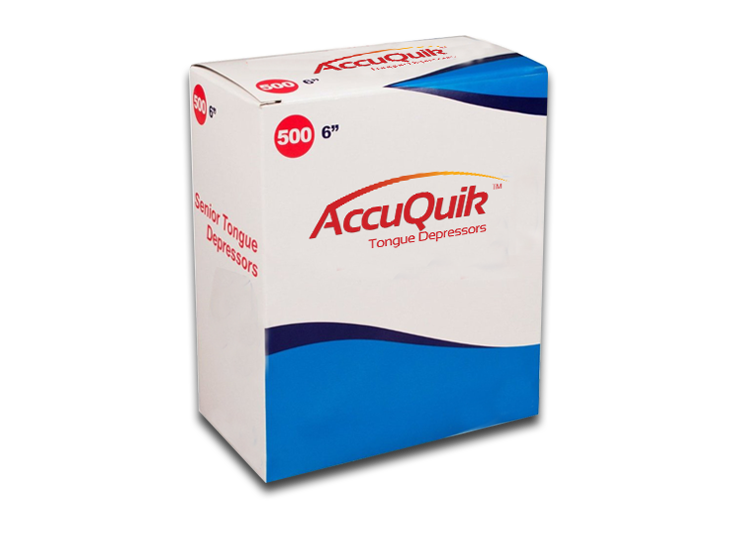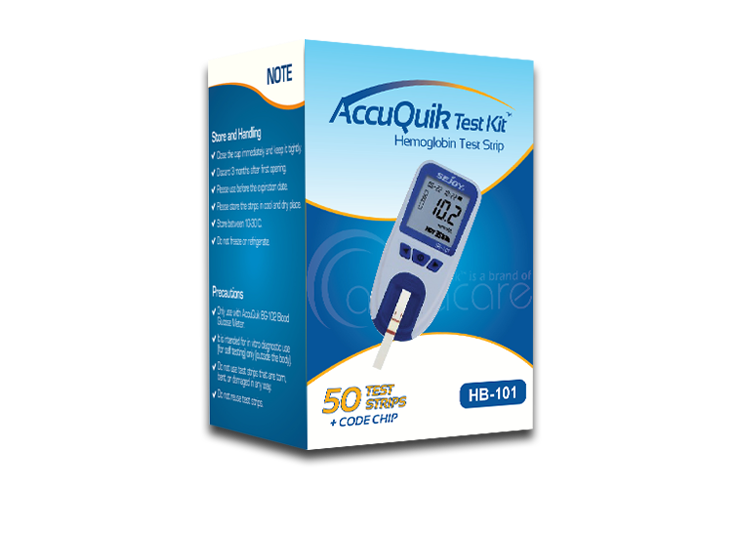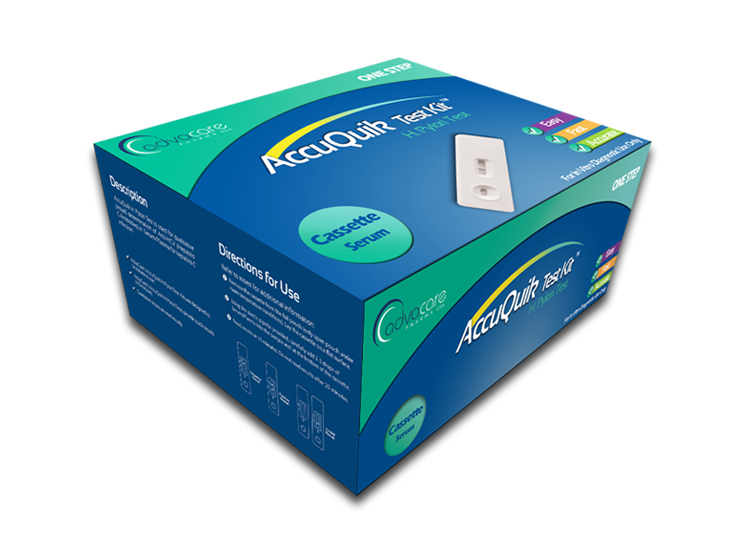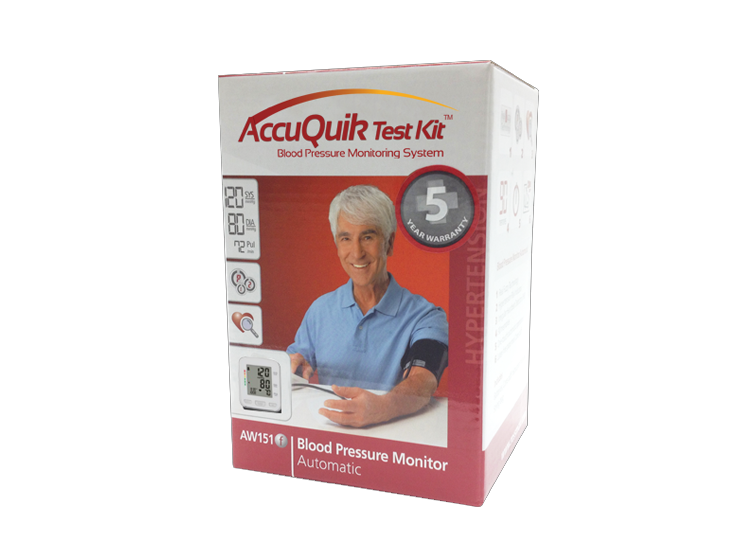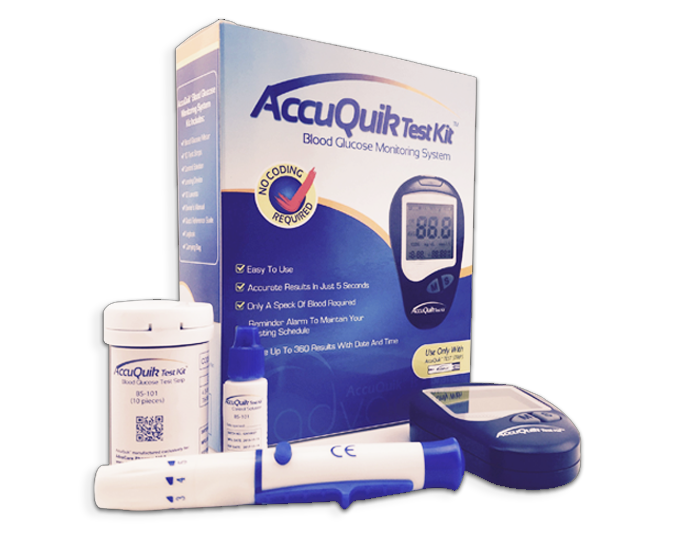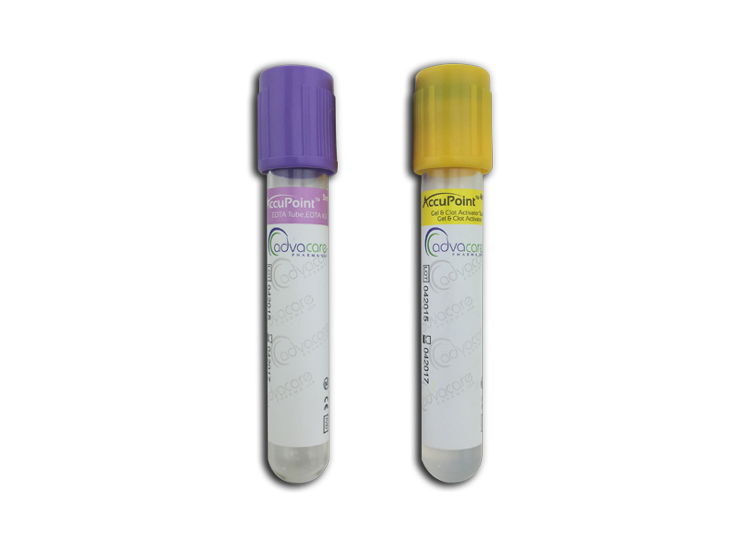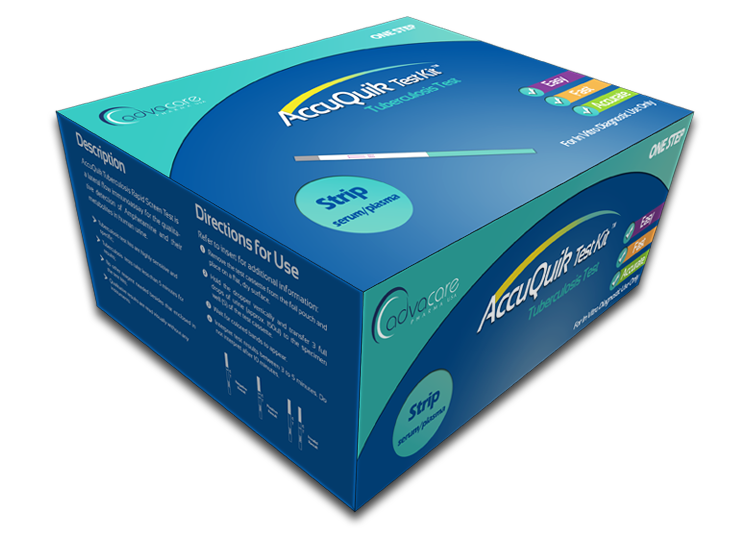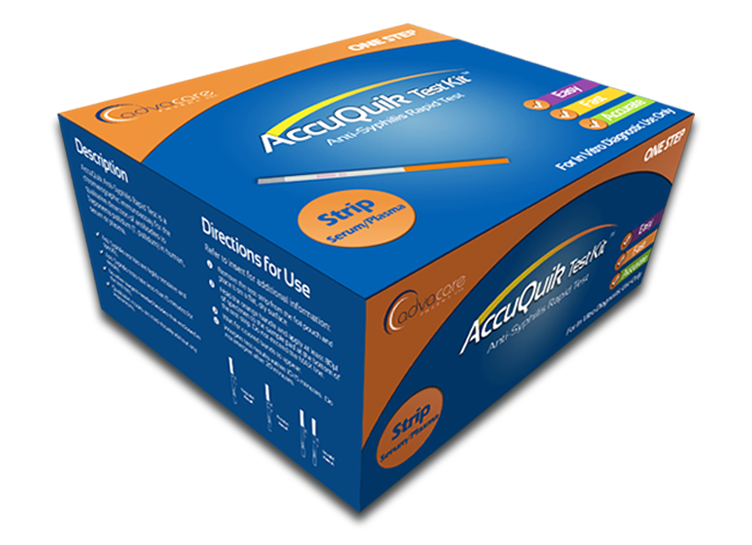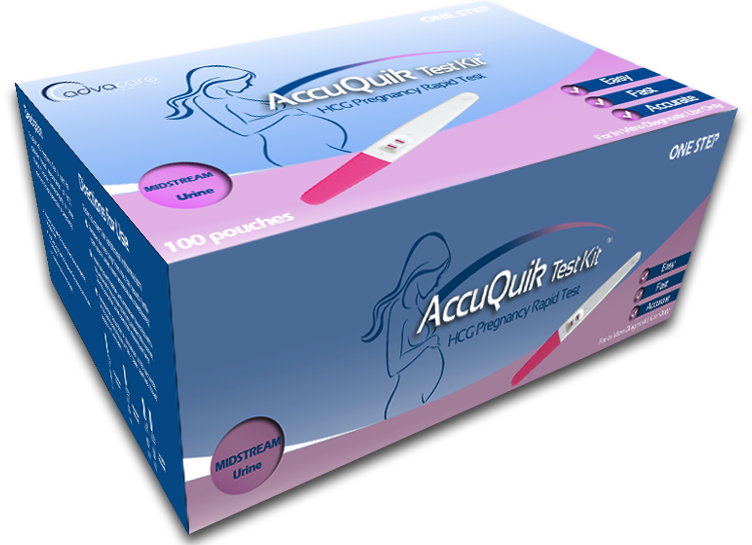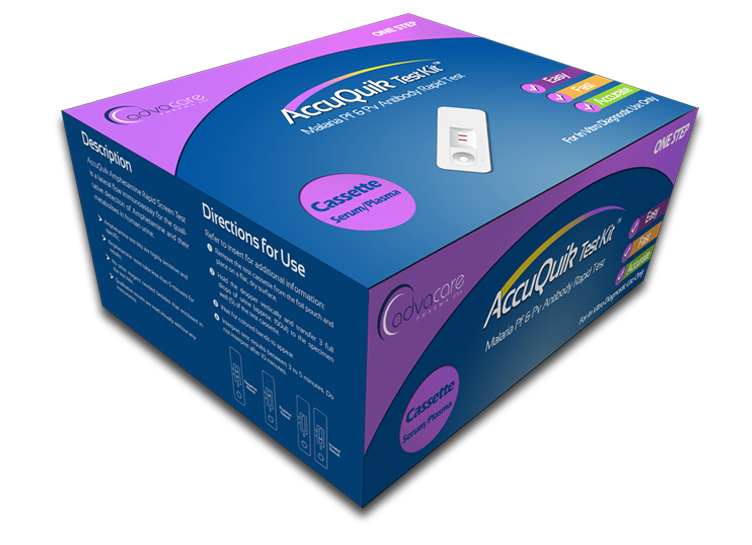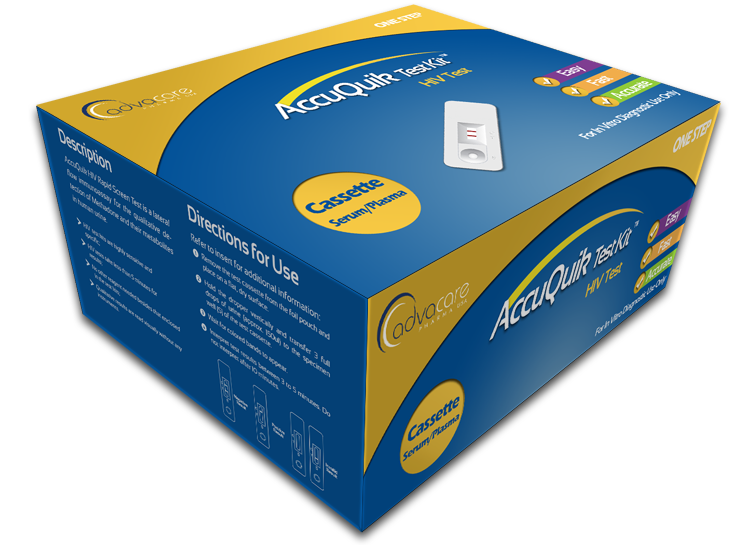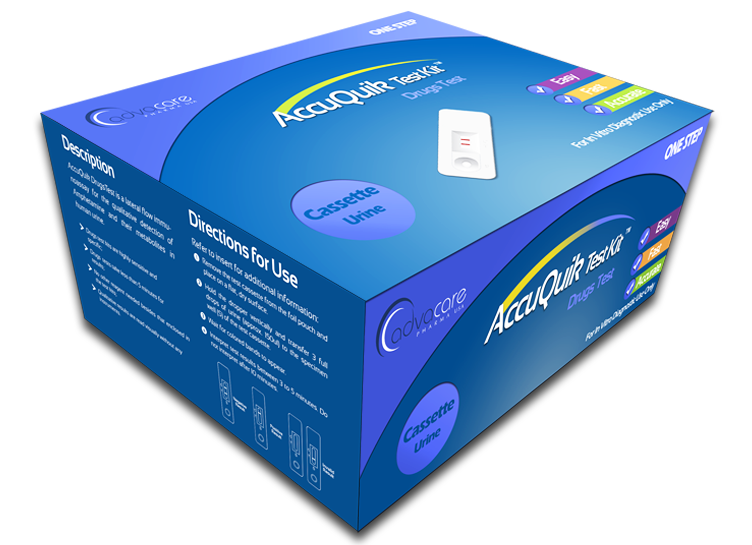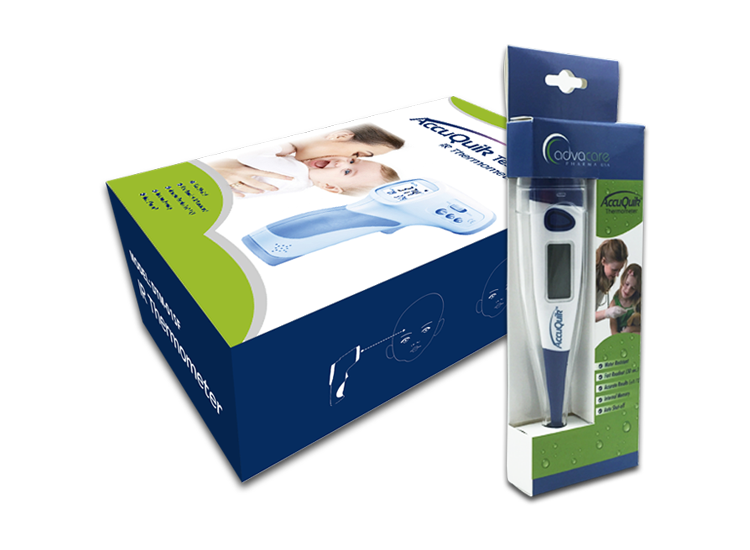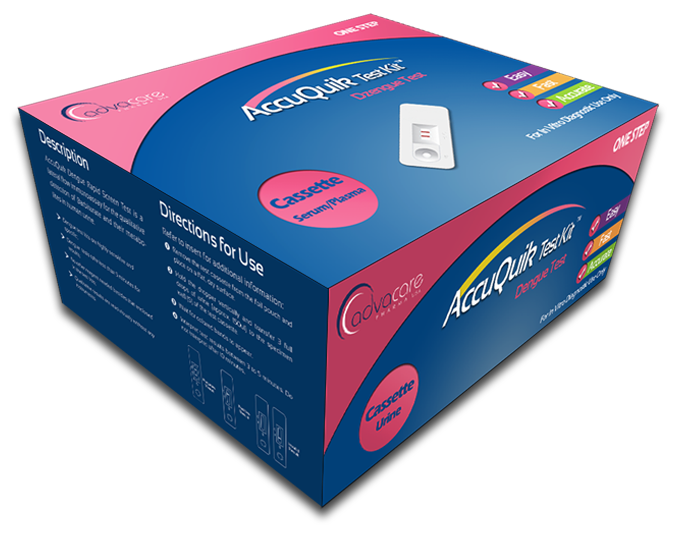More Information about the Test and Hepatitis
The hepatitis test kits detect antibodies in the serum/plasma or blood through the use of specific complementary antibody markers. Diagnosis consists of one screening test.
The hepatitis A IgM virus test detects the IgM antibodies produced by the body in defense against the virus. The HBsAb hepatitis B surface antibody test detects the antibodies complementary to the hepatitis B antigens presented on cells during infection by the hepatitis B virus. The hepatitis C virus test detects cells of the immune system raised specifically against the hepatitis C virus. The hepatitis E IgM virus test detects the IgM antibodies produced by the immune system in defense against the hepatitis E virus.
The test time varies depending on which test is taken. In the case of a positive result, one should consult with their doctor to consider the first stage of treatment. Our hepatitis test kits have been shown to be accurate in 98-99% of cases, clearly demonstrating their reliability. However, several conditions can change the hepatitis antibody levels and so we recommend consultation with a doctor to discuss abnormal results. Certain factors may influence the result of the test, for instance, some herbs or other natural products, possibly requiring the test to be re-administered.
The Hepatitis Test
Available as Cassette or Strips
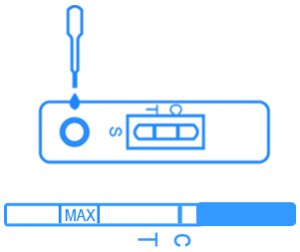
The hepatitis test kits detect antibodies in the serum/plasma or blood through the use of specific complementary antibody markers. Diagnosis consists of one screening test.
The hepatitis A IgM virus test detects the IgM antibodies produced by the body in defense against the virus. The HBsAb hepatitis B surface antibody test detects the antibodies complementary to the hepatitis B antigens presented on cells during infection by the hepatitis B virus. The hepatitis C virus test detects cells of the immune system raised specifically against the hepatitis C virus. The hepatitis E IgM virus test detects the IgM antibodies produced by the immune system in defense against the hepatitis E virus.
The test time varies depending on which test is taken. In the case of a hepatitis-positive result, one should consult with their doctor to consider the first stage of treatment. Our hepatitis test kits have been shown to be accurate in 98-99% of cases, clearly demonstrating their reliability. However, several conditions can change the hepatitis antibody levels and so we recommend consultation with a doctor to discuss abnormal results. Certain factors may influence the result of the test, for instance, some herbs or other natural products, possibly requiring the test to be re-administered.
The Disease
General Information
Hepatitis is a medical condition characterized by the inflammation of the liver. The condition occurs in both an asymptomatic and symptomatic state. The disease is defined as acute when the duration is less than 6 months, and chronic when it lasts longer. The condition can be self-limiting or can progress to fibrosis and cirrhosis. There are 5 types of viral hepatitis – A, B, C, D, and E. Each type of hepatitis is caused by an unrelated virus that exerts a specific effect on the liver.
HEPATITIS A is an acute illness that can be transmitted through blood and infected bodily fluids. On average the incubation period is 28 days before the acute symptoms begin to develop, including jaundice, abdominal pain, loss of appetite, nausea, fever, diarrhea, and fatigue. The disease is highly contagious two weeks before the symptoms appear and during the first week of having symptoms. Hepatitis A can be prevented through the practice of good hygiene and the use of a condom during sexual intercourse. There is also a vaccination (HAV) which is administered in two divided doses. A combination vaccine is available for hepatitis A and B, called Twinrix. In addition, immunoglobulin medication can be prescribed within two weeks of contact with an infected individual.
HEPATITIS B is an acute and chronic illness that can be transmitted through blood and infected bodily fluids. On average the incubation period is 75 days before the acute symptoms begin to develop, including jaundice, abdominal pain, loss of appetite, nausea, fever, diarrhea, and fatigue. Chronic symptoms include cirrhosis of the liver and liver cancer. Children below the age of six are at the highest risk. Hepatitis B can be prevented through the practice of good hygiene and the use of a condom during sexual intercourse. There is a vaccination (HBV) which is administered in a series of three to four shots. A combination vaccine called Twinrix is available for hepatitis A and B.
HEPATITIS C is an acute and chronic illness that can be transmitted through blood and infected bodily fluids. On average the incubation period is 40 days before the symptoms begin to develop, including jaundice, abdominal pain, loss of appetite, nausea, joint pain, and fatigue. Hepatitis C can be prevented through the practice of good hygiene and the use of a condom during sexual intercourse. There is currently no vaccine against hepatitis C.
HEPATITIS D is an acute and chronic illness that can be transmitted through blood and infected body fluids. Hepatitis D is caused by a sub-viral satellite that requires the helper function of the hepatitis B virus to infect an individual. The presence of both hepatitis D and B viruses can result in either a co-infection or a super-infection by the HDV. Hepatitis D causes an increased likelihood of liver failure and a rapid progression to liver cirrhosis. HDV also has the highest mortality rate of all the hepatitis diseases, at 20%, with higher risks of transmission by injecting drug users and patients taking clotting factor concentrates. Individuals suffering from chronic hepatitis B carry a high risk of contracting HDV.
HEPATITIS E is an acute illness that can be transmitted through blood and infected bodily fluids. On average the incubation period is 40 days before the acute symptoms begin to develop, including fatigue, loss of appetite, weight loss, abdominal pain, jaundice, muscle soreness, and fever. Hepatitis E can be prevented through the practice of good hygiene and the use of a condom during sexual intercourse. A vaccination was produced in 2011 (HEV), however, it is not yet globally available.
Hepatitis is highly prevalent in Africa, Eastern European countries and Asian countries. The incidence and mortality rates vary with region and virus type. Hepatitis A is the most common with over 300 million infected worldwide. In contrast, hepatitis C has a much lower infection rate but contributes to the most fatalities. Hepatitis D is prevalent in the Mediterranean region, sub-Saharan Africa, the Middle East and northern regions of South America.
Treatments
Maintaining an adequate nutritional balance and staying comfortable, including replacement of lost fluids, is recommended for recovery from hepatitis. Hepatitis A, B, and E are usually resolved without treatment as there is currently no available medication for these varieties.
Oral antiviral agents are available for chronic hepatitis B, for example, Tenofovir and Entecavir. Interferon injections are also used to treat chronic hepatitis B, which slows down the progression of liver cirrhosis, reducing the incidence of hepatocellular cancer and consequently improving long term survival. Hepatitis C can be treated with the one-daily pill Harvoni, which will cure an infected individual within 8-12 weeks, with minor side effects of fatigue and headaches. There is no vaccine against hepatitis D, however, vaccination against hepatitis B is the current control method against HDV. Some treatments against hepatitis D use a-interferon to improve the conditions associated with the disease. For serious cases, liver transplants should be considered.
For more information on the support available for hepatitis patients check the following websites:
http://www.hepbhelp.org.au/
http://www.hepb.org/patients/support_groups.htm.
At AdvaCare Pharma USA we do have other divisions dedicated to different ranges which can be of your interest. Or you can check more products within our AccuQuik Test Kits below:

